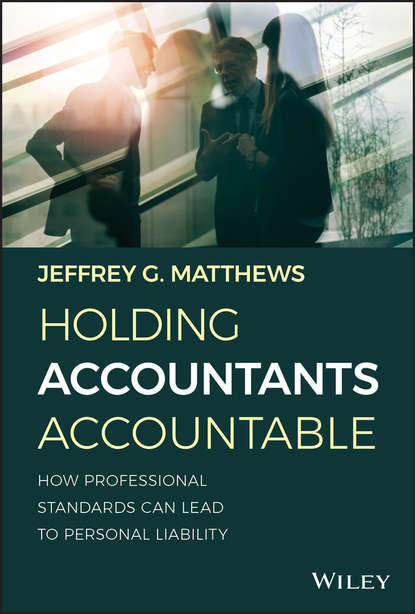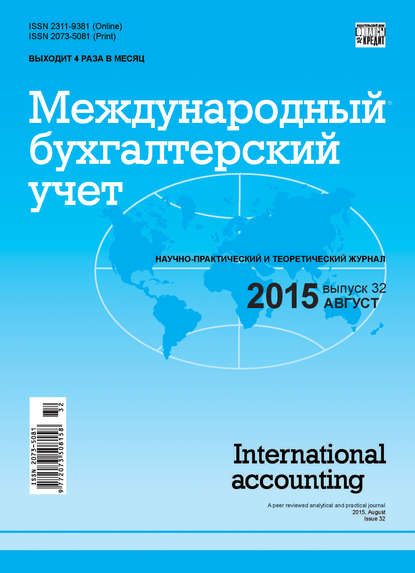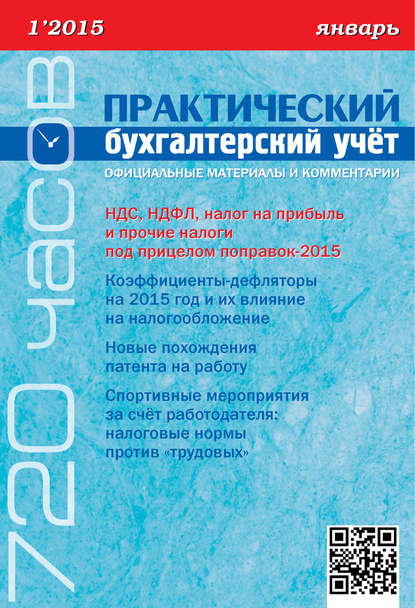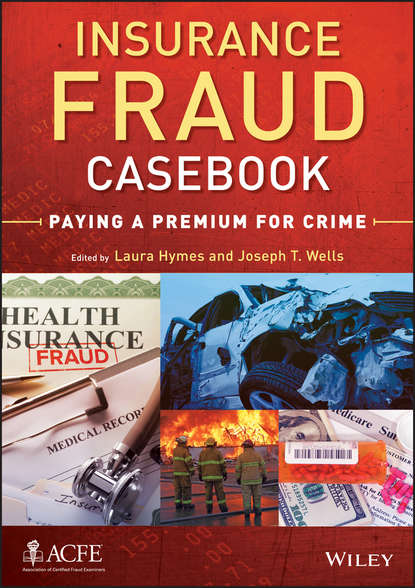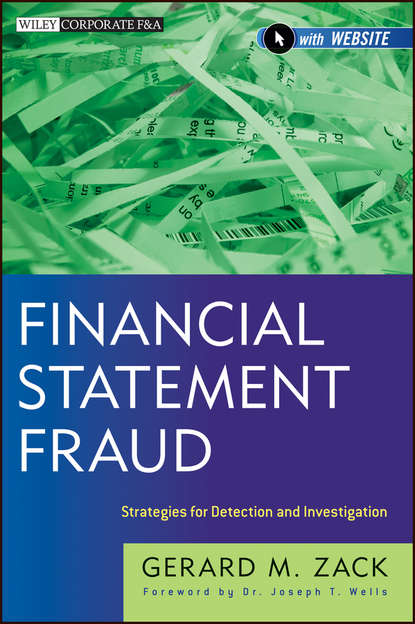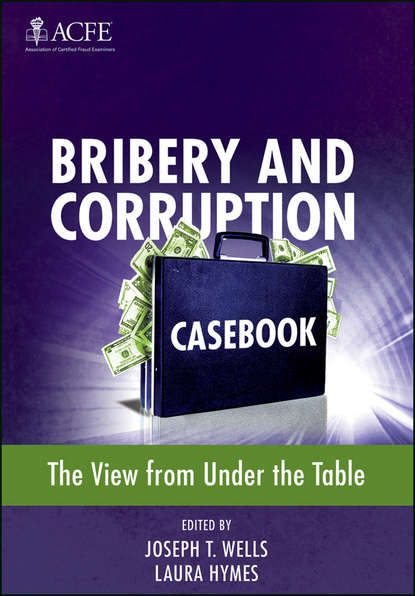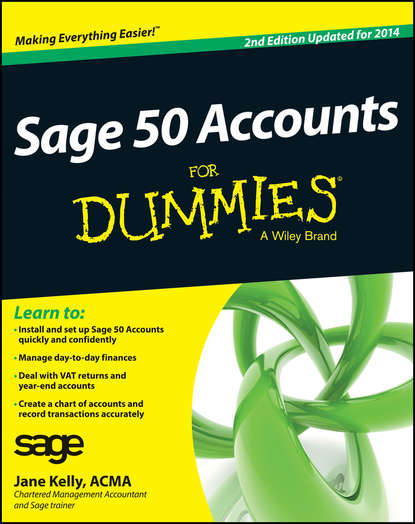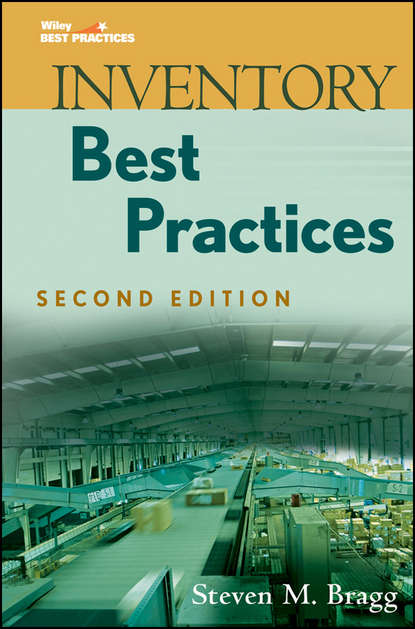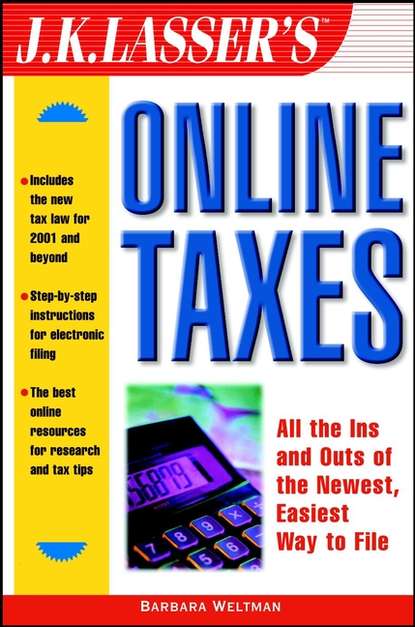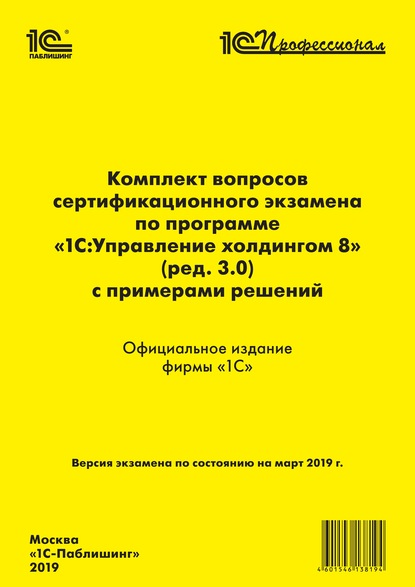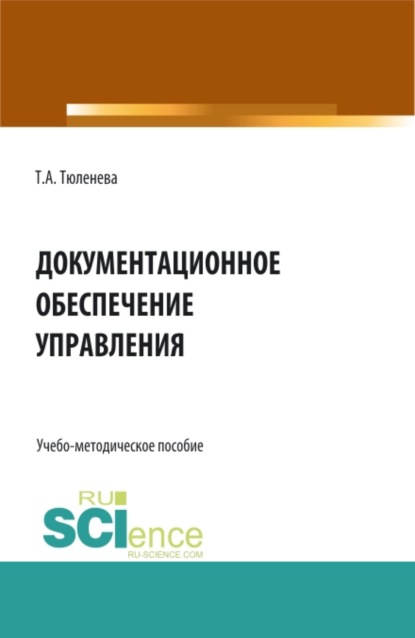Необходимое руководство для практикующих специалистов по избежанию неэтичных ситуаций в расследовании мошенничества - дает советы, методы и реальные примеры. Аттестованные бухгалтеры, аудиторы и эксперты по выявлению мошенничества, которые не выявляют мошенничество и нарушения, могут нарушать свои профессиональные стандарты. Среди этих стандартов требования проявлять профессиональное и моральное суждение, действовать в интересах общественности, сохранять честность, объективность и независимость, выносить мнения, основанные на доказательствах и документации, а также проявлять должную осмотрительность при планировании и выполнении профессиональной деятельности. Несоблюдение профессиональных стандартов и этических норм имеет серьезные последствия для сертифицированных бухгалтеров, экспертов по мошенничеству и внутренних аудиторов, участвующих в расследованиях мошенничества.
Книга "Мошенничество" помогает читателям избежать неэтичных ситуаций в расследованиях мошенничества и оставаться в рамках профессиональных руководств и стандартов. Автор Джеффри Мэтьюс сочетает реальные методики и практические советы с личным опытом работы в качестве судебного бухгалтера. Подробно описывая, как он сталкивался с угрозами смерти, преследованиями и семейными трудностями в ходе реальных расследований мошенничества, автор делится тем, как, несмотря на серьезные проблемы, он никогда не отступал от профессиональных стандартов. Автор демонстрирует, как бухгалтеры могут избежать вовлечения в неэтичные практики, и исследует распространенные тенденции, которые препятствуют способности выявлять, сдерживать и предотвращать мошенничество и нарушения.
Электронная Книга «Holding Accountants Accountable» написана автором Jeffrey G. Matthews в году.
Минимальный возраст читателя: 0
Язык: Английский
ISBN: 9781119597711
Описание книги от Jeffrey G. Matthews
An essential guide for practitioners on avoiding unethical situations in a fraud investigation—provides tips, techniques, and real-life examples Credentialed accountants, auditors, and fraud examiners who fail to identify fraud and misconduct may be in violation of their professional standards. Among these standards are requirements to exercise professional and moral judgment, act in the best interest of the public, maintain integrity, objectivity, and independence, render opinions based on evidence and documentation, and exercise due care in planning and discharging professional activities. Failing to adhere to professional standards and ethical codes have serious consequences for CPAs, CFEs, and CIAs engaged in fraud investigations. Fraud helps readers avoid unethical situations in fraud investigations and stay within the boundaries of professional guidelines and standards. Author Jeffrey Matthews combines real-world techniques and practical advice with personal insights from his experience as a forensic accountant. Detailing how he faced death threats, retaliation, and family hardships during actual fraud investigations, the author shares how despite serious challenges, he never deviated from professional standards. The author demonstrates how accountants can avoid being caught in unethical practices and examines the common tendencies that hinder the ability to detect, deter, and prevent fraud and misconduct. This fascinating, highly-relevant book will help practitioners: Recognize current and emerging trends to identify new areas of weakness Address time and budget constraints with effective delegation and supervision of lower-level staff Maintain a healthy dose of skepticism by ‘testing not accepting’ Understand the effort and expertise required to perform an investigation before accepting engagements Avoid establishing biases and pre-determining outcomes before accepting assignments A full-featured resource, complete with PowerPoint slides and a test bank, Fraud is invaluable for auditors, accountants, and other certified fraud examiners.
